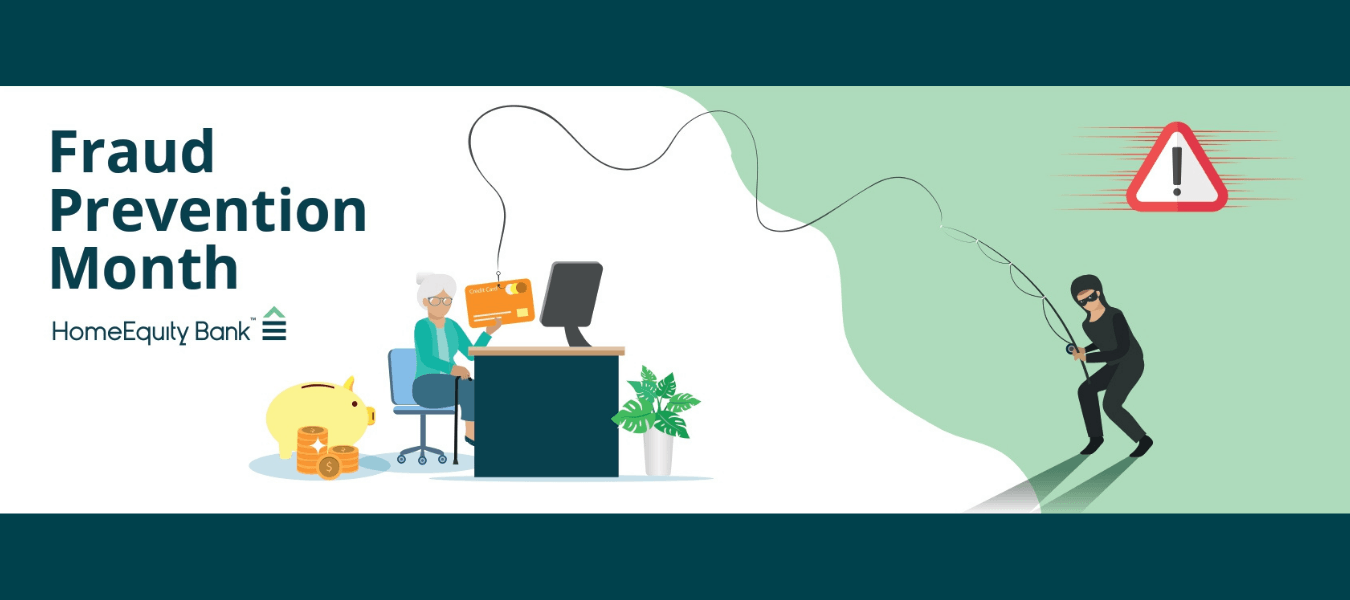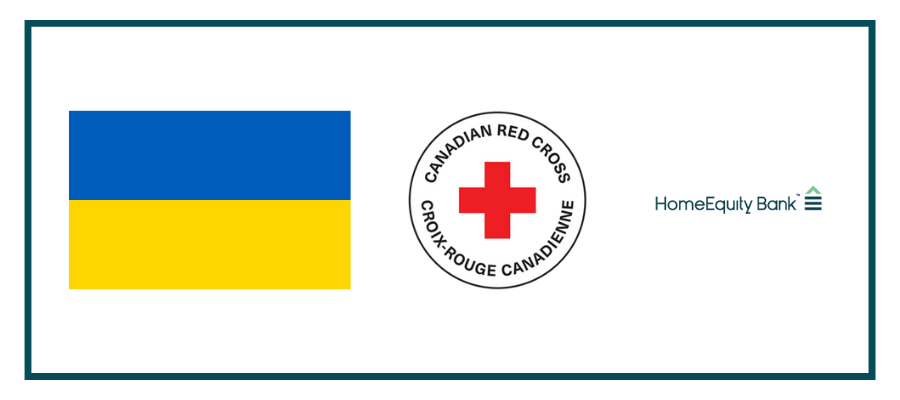By Vivianne Gauci
It’s hard to imagine that amid a global pandemic, while millions of people around the world struggle to stay healthy and adhere to public health directives, cybercriminals and scammers are still hard at work trying to defraud people.
Nonetheless, the confluence of COVID-19, plummeting stock markets, decimated investment portfolios and the rapid shift to remote work has created big opportunities for cybercriminals, according to the Mutual Fund Dealers Association of Canada.
This is the first of two commentaries from me aimed at helping HomeEquity Bank’s customers to be on guard against scammers.
Criminals are currently employing phishing attempts using the names of regulators and government agencies. They’re sending malicious emails and texts with fake sales pitches for everything from supposed cures to vaccinations and protective gear. And the frequency of these coronavirus-fueled cyber-incidents is increasing.
The Canadian Red Cross has even had to publicly warn people not to fall for or click on texts claiming the charity is selling face masks.
Older Canadians are a particular target not just of COVID-19 itself but of the cybercriminals attempting to capitalize on the confusion and fear fueled by the pandemic. In one such scam, they’re being targeted by thieves offering to do their shopping and perform other services for them as they self-isolate.
Even in the best of times, in the absence of a global pandemic, fraud is the No. 1 crime committed against those 65 and older. Those posing as officials from organizations as diverse as the Canada Revenue Agency to Microsoft have long preyed upon older adults. Online romance scams are also prevalent and target those 55 and up.
So what to do?
The Canadian Anti-Fraud Centre is an excellent resource for new and ongoing scams. Check it regularly.
You should tend to your computer’s security. Among other measures, make sure you have up-to-date anti-spyware or virus protection. Use strong passwords that aren’t easy to guess and don’t share them with anyone. Keep your operating system updated to the latest version, and ensure your auto-update is turned on.
Be hyper-vigilant, because new and inventive scams are popping up daily. Beware of false or misleading information coming at you via text or email. Be suspicious of high-priced products and unsolicited medical advisory emails with links or attachments.
Don’t fall for any miracle cures, herbal remedies or other too-good-to-be-true offers, in particular those offering vaccines or faster COVID-19 tests. There is no COVID-19 vaccine yet.
Be aware that COVID-19 scams in emails and text messages will likely include generic greetings like “Hello, Sir/Madame,” requests for confirmation of personal information or to update your billing details.
Scam messages can also seem urgent, as though you’ll be personally helping to avert a disaster if you provide personal financial information immediately.
If you receive a suspicious email from a company or even a friend or your employer, reach out to them separately with a phone call to determine whether the message is legitimate.
Many of our clients at HomeEquity Bank are part of the demographic that is being particularly targeted by scammers and cybercriminals. In these trying times, we urge our clients to take special care not to be fooled by the multitude of thieves trying to part them from their hard-earned cash.







